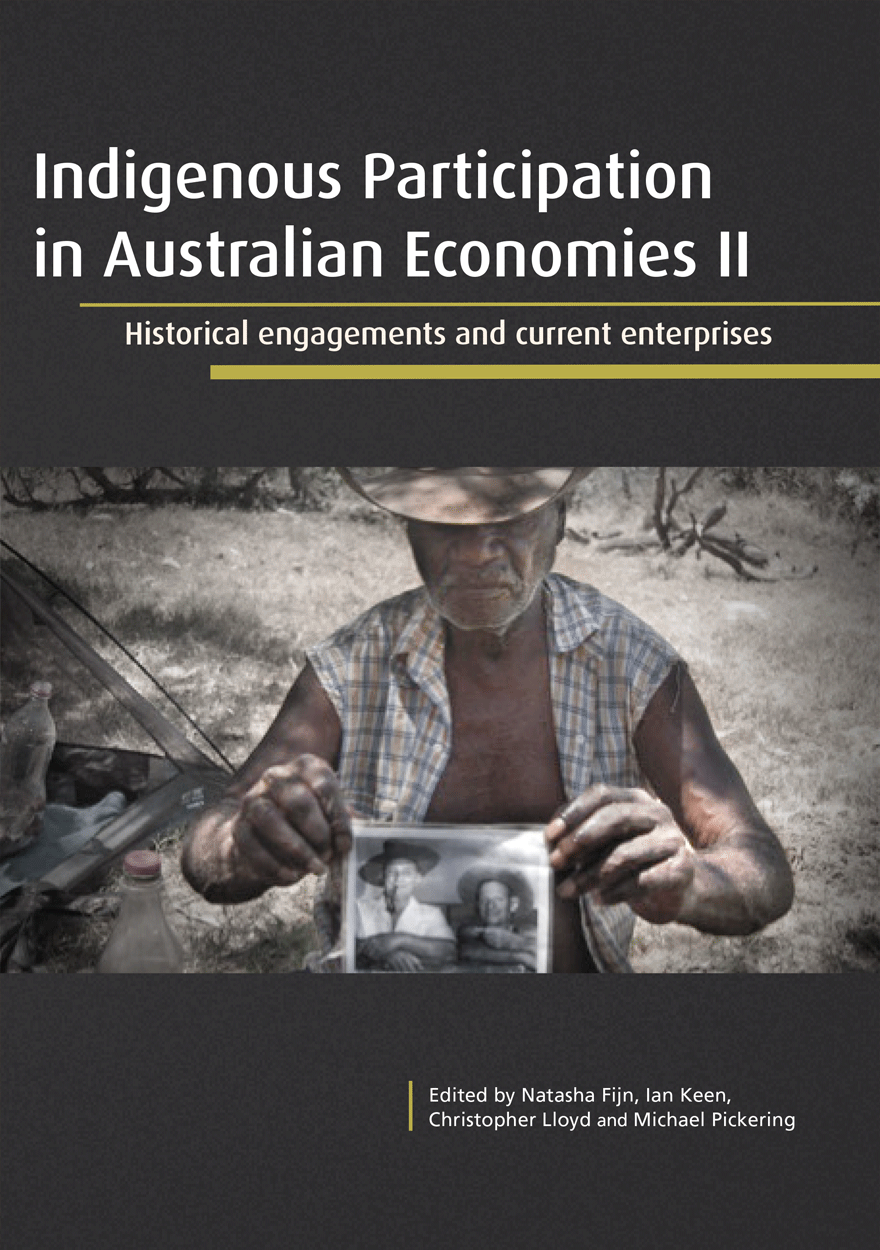Ian Keen
After training and working in the visual arts, Ian Keen gained a BSc in anthropology at University College London (1973) and a PhD in anthropology at The Australian National University (1979). He has conducted anthropological fieldwork in northeast Arnhem Land, the Alligator Rivers region, and McLaren Creek in the Northern Territory of Australia, and in Gippsland, Victoria. He is the author of Knowledge and Secrecy in an Aboriginal Religion (Clarendon Press 1994), and Aboriginal Economy and Society (Oxford 2004) as well as many articles in journals and edited books, and he edited Being Black: Aboriginal Cultures in ‘Settled’ Australia and other collections of essays. His research interests have included Yolngu kinship and religion, Aboriginal land rights, Aboriginal economy, and language and culture. His current research includes the diversity and typology of Australian Aboriginal kinship systems as part of the Austkin project, and the language of property. He has lectured and supervised postgraduate students at the University of Queensland and The Australian National University, where he is now a Visiting Fellow.

Indigenous Participation in Australian Economies II »
Historical engagements and current enterprises




